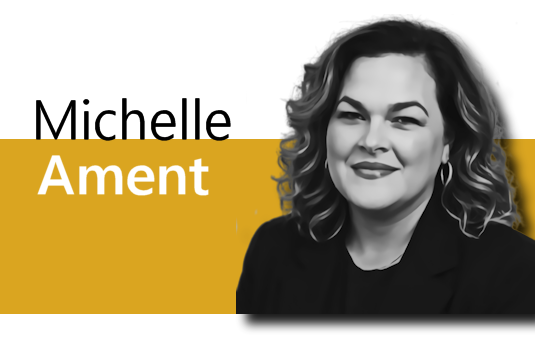
Democratizing Data Stewardship
I’ve said it many times … The effective management and governance of data is crucial for organizational success. The concept of democratizing data stewardship, central to Non-Invasive Data Governance (NIDG), redefines traditional governance models by emphasizing that every individual who interacts with data is a steward of that data. This approach fosters a culture of shared responsibility, enhancing data quality and accessibility across the organization.
Broadening the Scope of Stewardship
The NIDG approach broadens the definition of a data steward to include anyone who defines, produces, or uses data within their role. This inclusive perspective recognizes that data stewardship is not just the responsibility of IT and business departments or data specialists. Instead, it is a critical aspect of every employee’s job description. By formally recognizing each individual’s interaction with data as an act of stewardship, organizations empower their workforce, encouraging a proactive attitude towards data management. This empowerment helps individuals understand the impact of their data handling, leading to more conscientious practices in data entry, maintenance, and usage.
Democratizing stewardship helps to break down the silos that often hinder effective data governance. When everyone is a steward, data flows more freely between departments, enhancing collaboration and innovation. Employees across different levels and functions begin to see how their contributions to data management support the organization’s overall goals, leading to a more aligned and unified approach to governance.
Formal Accountability for Data
Under NIDG, the key to effective democratization lies in the formal accountability of each data steward’s role. Accountability is established based on the nature of an individual’s interaction with data. For example, a marketing analyst who analyzes consumer data is held accountable for the accuracy and ethical handling of that data. This accountability ensures that every steward is aware of the standards and policies governing their specific data interactions and is responsible for adhering to these guidelines.
Formalizing this accountability does not involve assigning roles; rather it involves recognizing people into roles. It requires a clear definition of expectations and responsibilities. Organizations need to provide the necessary training and resources to enable their stewards to manage their data effectively. This includes access to the right tools to maintain data integrity and the knowledge to implement best practices in data quality and compliance.
Benefits of a Democratized Stewardship Model
The benefits of democratizing data stewardship are profound. First, it leads to better data quality as more individuals are involved in ensuring the accuracy and reliability of the data they handle. This widespread involvement also speeds up the detection and correction of data issues, reducing the risk of data errors permeating through critical business processes.
A democratized approach to data stewardship enhances organizational agility. With more employees empowered to manage and utilize data effectively, organizations can respond more swiftly to market changes and opportunities. Decision-making becomes faster and more informed, driven by data that is comprehensively maintained and readily available across the organization.
Implementing Democratized Data Stewardship
To implement this model, organizations should start by clearly communicating the importance of data stewardship to all employees. This involves not only defining what data stewardship entails but also explaining the specific impact of each role on the organization’s data ecosystem. Leadership must also be committed to supporting this cultural shift through ongoing education, appropriate technological support, and recognition of good data governance practices.
Implementing a successful democratized data stewardship model requires regular monitoring and review. This ensures that the stewardship practices remain relevant and continue to align with evolving business needs and technological advancements. It also helps to sustain engagement and accountability among all stewards by providing feedback and opportunities for improvement in their data management practices.
Conclusion
In conclusion, democratizing data stewardship via Non-Invasive Data Governance transforms data management from a specialized task confined to certain roles, into a fundamental aspect of every employee’s responsibilities. This shift not only improves the quality and accessibility of data but also fosters a stronger, more data-literate culture within the organization. By embracing this model, companies can harness the full potential of their data assets, driving innovation and maintaining a competitive edge in the digital age.
Non-Invasive Data Governance[tm] is a trademark of Robert S. Seiner / KIK Consulting & Educational Services
Copyright © 2024 – Robert S. Seiner and KIK Consulting & Educational Services

 - by
- by



